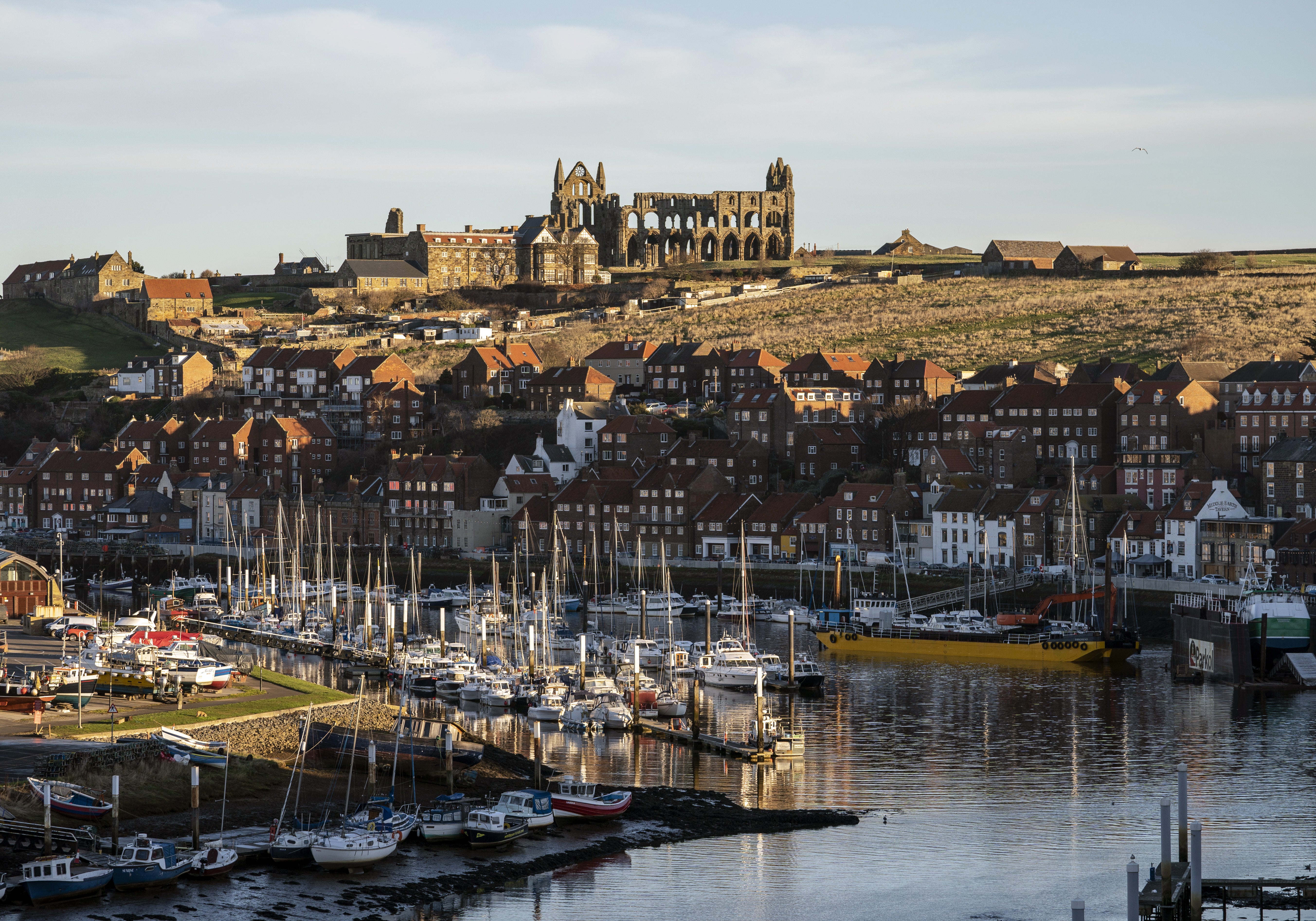‘Little progress’ made with campaign to tackle crime in ports
Project Kraken has been in operation since 2008 and is due to relaunch again in the coming months.

A Government campaign which aims to crack down on suspicious activity at ports on the UK’s coastline has been described as “dead in the water”, according to a report.
The independent chief inspector of borders and immigration (ICIBI) David Neal said “little progress” had been made with Project Kraken – launched in a bid to stop immigration and custom offences and tackle serious and organised crime, smuggling and terrorism in small ports.
Experienced maritime professionals, such as harbour masters and marina managers, thought the campaign was “dead in the water” because they had not heard about it “for several years, if at all”, his report said.
The project, which has been in operation since 2008 and is due to relaunch again in the coming months, aims to gather intelligence from the public to boost security in small ports.
While I could not definitively conclude that Project Kraken is failing, I think it has some way to go in terms of meeting its objectives
Mr Neal and his team carried out an inspection into the effectiveness of Border Force’s role leading the campaign in Whitby north-east Yorkshire and Wells-next-the-Sea in Norfolk.
He found “little progress had been made” with the project and the “already low volumes of intelligence” generated had “reduced and had produced no actionable intelligence”.
Mr Neal added: “While I could not definitively conclude that Project Kraken is failing, I think it has some way to go in terms of meeting its objectives.”
His report said inspectors spoke to “stakeholders with professional experience in the maritime industry who had knowledge of the national coastline and related security issues”, adding: “These stakeholders were aware of Project Kraken but believed it to be ‘dead in the water’ after having heard nothing about the project from Border Force for several years, if at all.”
The Home Office said it “fully accepted” the ICIBI’s recommendation to “critically evaluate” and, where necessary, bring in more resources and establish a new way of reporting intelligence, adding: “Work is already under way to tackle the issues raised.”
Bookmark popover
Removed from bookmarks